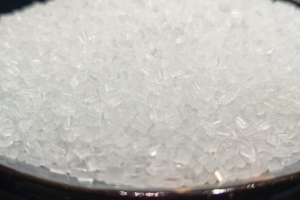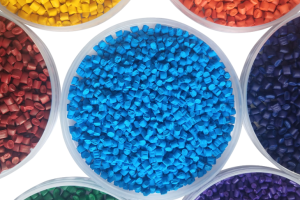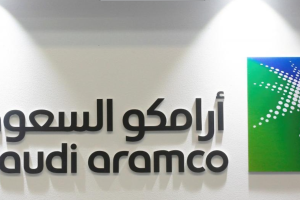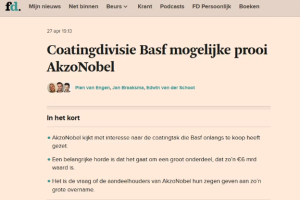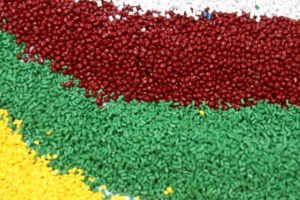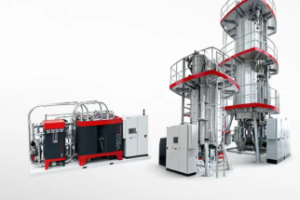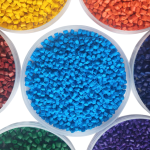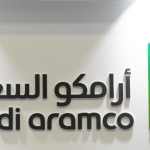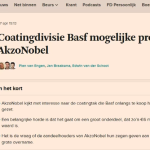November 25, 2024 – Syensqo, the high-performance materials business spun off from the former Solvay, has announced a significant expansion plan. The company revealed that it will increase production at its Udel® polysulfone (PSU) polymer manufacturing line in Marietta, Ohio, aiming to boost output by over 25%. This move complements Syensqo’s recent expansion project at its Augusta, Georgia facility, which focuses on producing core components for high-performance materials.
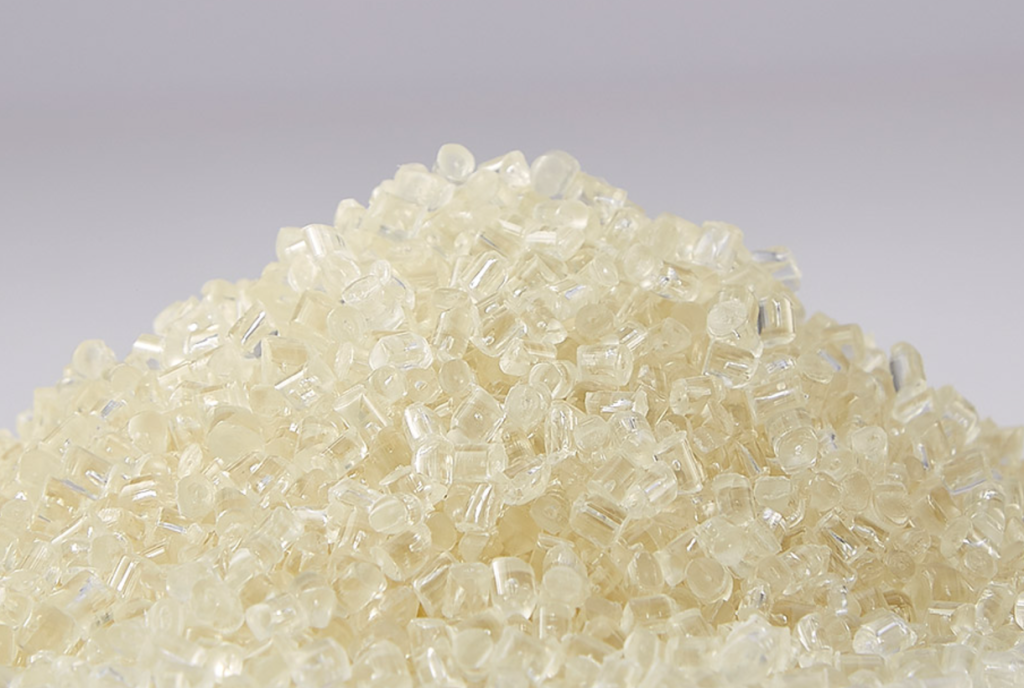
Syensqo stated that this expansion plan is primarily in response to the growing demand for innovative materials in key life sciences markets. By enhancing production in the United States, Syensqo aims to more reliably supply the market with essential materials that support healthy living, clean water, and a sustainable future. Udel® PSU, a star product of Syensqo, is renowned for its rigidity, high strength, semi-toughness, and transparency. It particularly excels in heat resistance and hydrolytic stability compared to polycarbonates, maintaining excellent mechanical properties even when subjected to steam and other sterilization techniques. This makes it widely applicable in healthcare, water treatment, and hydrogen production.
According to the Color Masterbatch Industry Network, polysulfone materials, as non-crystalline amber-transparent polymer compounds, can be categorized into polysulfone (PSU), polyethersulfone (PESU), and polyphenylene sulfone (PPSU) based on the different synthesis monomers. Globally, companies like Solvay, BASF, and Sumitomo Chemical are major producers of polysulfone materials. After the split from Solvay, Syensqo has focused on specialty polymers and composite materials. In recent years, China’s polysulfone industry has also developed rapidly, but product quality stability still needs improvement to meet the demands of downstream high-end markets.
In terms of market prices, 4,4′-dichlorodiphenyl sulfone, the main raw material for polysulfone, accounts for a significant portion of the cost, with market prices ranging between 20,000 and 25,000 yuan per ton. Imported polysulfone products, however, are priced at 65,000 to 70,000 yuan per ton, with some special grades exceeding 80,000 yuan per ton. This makes polysulfone a high-profit new material product. Looking ahead, the market demand for polysulfone materials is expected to continue growing, driven by increasing consumption of medical products and the trend towards automotive lightweighting. It is predicted that the consumption growth rate of polysulfone in the medical products sector will reach over 8%, while the demand growth rate in the automotive industry is expected to surpass 10%.

